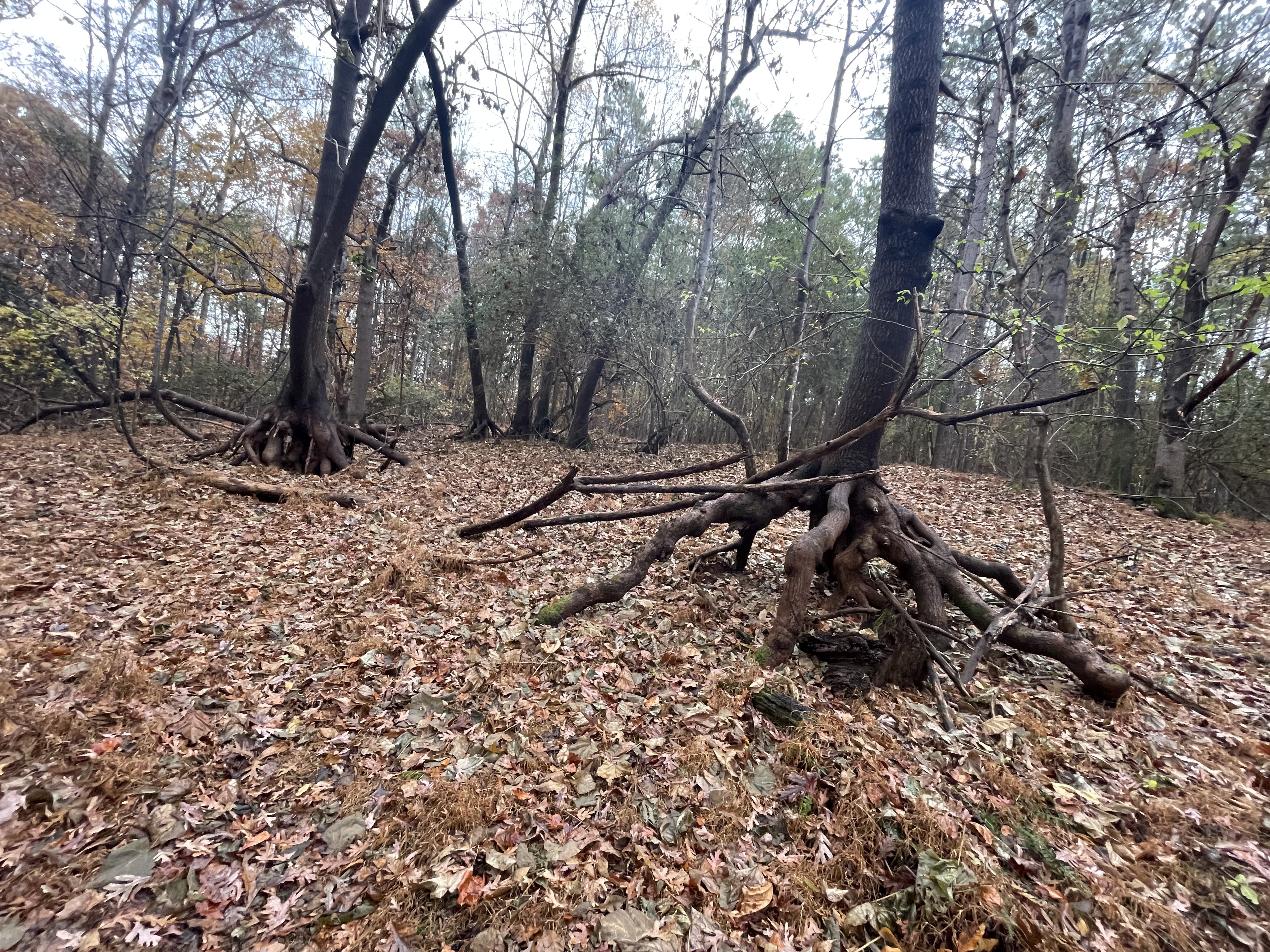Watch
Events
Articles
Market
More
#searchandrescue First training ever. Took several photos including walking trees and a huge bamboo forest




#searchandrescue First training ever. Took several photos including walking trees and a huge bamboo forest




#searchandrescue First training ever. Took several photos including walking trees and a huge bamboo forest




#searchandrescue First training ever. Took several photos including walking trees and a huge bamboo forest




#searchandrescue First training ever. Took several photos including walking trees and a huge bamboo forest







#searchandrescue Coming back from training, we saw this friendly stray cat and had to stop. Marty fed it and it came straight to him



What is it that Jews do not understand about Christians? What do Christians not understand about Jews? How has that mutual misunderstanding hindered the development of healthy Jewish-Christian relations, and how do we overcome it? That’s the opening topic in this part of our conversation with David Nekrutman. He has been dealing with these questions for over 20 years, and has some ideas about how to make things better between these two parts of God’s covenant people.
Improved relations between Christians and Jews requires clear thinking and discernment of truth from fiction. Too often, we get sidetracked by news items and stories that turn out to be little better than rumors, but which attract our attention. Barry Phillips and David Jones talk about this in their midrash called, “That’s Sensational.” It really is a matter of what our hearts are inclined to receive, which is what our musical guests Solomon Lopez and Jimmie Black sing about.
https://thebarkingfox.com/2023..../11/21/reunion-roadm



What is it that Jews do not understand about Christians? What do Christians not understand about Jews? How has that mutual misunderstanding hindered the development of healthy Jewish-Christian relations, and how do we overcome it? That’s the opening topic in this part of our conversation with David Nekrutman. He has been dealing with these questions for over 20 years, and has some ideas about how to make things better between these two parts of God’s covenant people.
Improved relations between Christians and Jews requires clear thinking and discernment of truth from fiction. Too often, we get sidetracked by news items and stories that turn out to be little better than rumors, but which attract our attention. Barry Phillips and David Jones talk about this in their midrash called, “That’s Sensational.” It really is a matter of what our hearts are inclined to receive, which is what our musical guests Solomon Lopez and Jimmie Black sing about.
https://thebarkingfox.com/2023..../11/21/reunion-roadm


